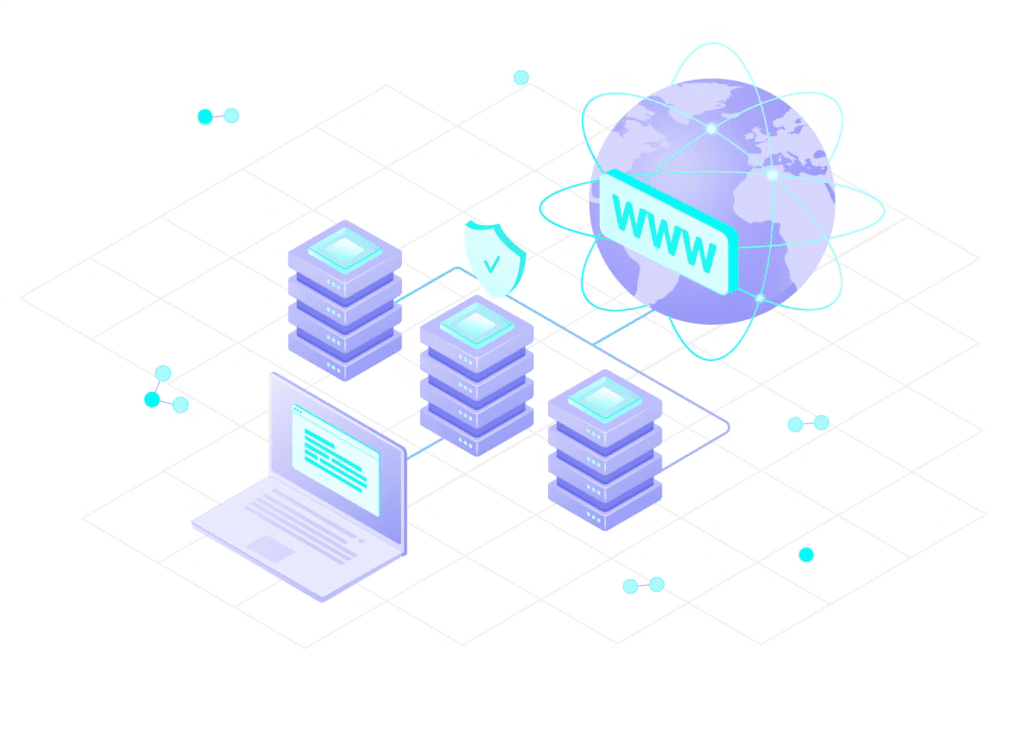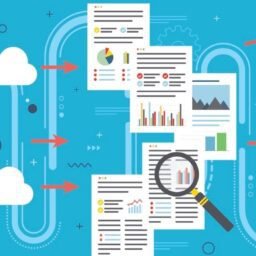What Are Data Brokers, And What Do They Offer?
In today’s digital age, the term “data brokers” is becoming increasingly prevalent. But what exactly are data brokers, and what do they offer? In this article, we will explore the world of data brokers, their operations, and the services they provide.
What Are Data Brokers?
Data brokers are companies that specialize in collecting, processing, and selling consumer data. They operate in the data brokerage industry, where they act as intermediaries between data providers and data buyers. These companies collect information from various sources, including public records, online activity, and other data collection sites.
Data Brokers Collect Information from Multiple Sources
Data brokers collect vast amounts of personal data from diverse sources. They gather data from public records such as census data and motor vehicle records, as well as online sources like social media platforms, e-commerce websites, and data collection sites. Through their extensive reach, data brokers amass a wealth of consumer data, ranging from demographic information to purchasing habits.
Data Brokers' Operations and Offerings
Once data brokers collect data, they process and organize it to create comprehensive consumer profiles. These profiles include information like names, addresses (including previous addresses), phone numbers, email addresses, social media profiles, interests, and more. This rich data enables data brokers to offer valuable insights to various entities, including marketers, researchers, and advertisers.
Data brokers sell consumer data to a wide range of clients, including businesses, government agencies, and advertising companies. These clients utilize the data for numerous purposes, such as targeted advertising, market research, customer segmentation, and risk assessment. By leveraging the information collected by data brokers, organizations can make informed decisions and tailor their strategies accordingly.
Data Brokers and Legal Regulations
The data brokerage industry operates within the framework of legal regulations, although the level of regulation varies across jurisdictions. For instance, in the European Union, the General Data Protection Regulation (GDPR) has been established to protect individuals’ personal data and ensure its lawful processing. The GDPR imposes stringent requirements on data brokers, including obtaining consent for data collection and providing individuals with control over their data.
In the United States, data brokers are subject to various regulations enforced by agencies such as the Federal Trade Commission (FTC). These regulations aim to ensure transparency, fairness, and the protection of consumer privacy rights. Additionally, data breaches have prompted increased scrutiny on data brokers, leading to calls for stricter regulations and enhanced data protection measures.
The Implications of Data Broking
While data broking offers numerous benefits, it also raises concerns regarding privacy and data protection. As data brokers collect vast amounts of personal information, questions arise about the consent and awareness of individuals whose data is being collected. Furthermore, the potential misuse or unauthorized access to such information poses risks of identity theft, fraud, and other malicious activities.
To address these concerns, individuals must be aware of the information collected by data brokers and exercise their rights to control the usage and dissemination of their personal data. Additionally, policymakers and regulators must continue to evolve legal frameworks and data protection measures to safeguard individuals’ privacy rights in the face of advancing technologies and evolving data broking practices.
In Conclusion
Data brokers play a significant role in today’s data-driven world. They collect, process, and sell consumer data, providing valuable insights to various industries and organizations. While the data brokerage industry operates within legal frameworks and regulations, the collection and usage of personal data raise important privacy considerations. As consumers, it is crucial to understand the implications of data broking and take measures to protect our personal information in an increasingly interconnected world.
Frequently Asked Questions (FAQs)
What are data brokers?
Data brokers are companies that specialize in collecting, processing, and selling consumer data. They gather information from various sources and offer it to businesses, government agencies, and advertisers for various purposes.
How do data brokers collect information?
Data brokers collect information from a wide range of sources, including public records such as census data and motor vehicle records, as well as online sources like social media platforms, e-commerce websites, and data collection sites.
What do data brokers do with the collected data?
Data brokers process and organize the collected data to create comprehensive consumer profiles. These profiles include personal details, contact information, social media profiles, interests, and more. Data brokers then sell this data to clients who utilize it for targeted advertising, market research, customer segmentation, and risk assessment.
Are data brokers legal?
The operations of data brokers fall within legal regulations, although the level of regulation varies across jurisdictions. In the European Union, the General Data Protection Regulation (GDPR) sets stringent requirements for data brokers, ensuring individuals’ privacy rights and data protection. In the United States, data brokers are subject to regulations enforced by agencies like the Federal Trade Commission (FTC).
What are the concerns surrounding data brokers?
Data brokers raise concerns about privacy and data protection. The extensive collection of personal data without individuals’ explicit consent raises questions about consent and awareness. There are also risks of unauthorized access, data breaches, and potential misuse of personal information.
How can individuals protect their personal data from data brokers?
Individuals can take several measures to protect their personal data. These include being aware of the information collected by data brokers, regularly reviewing privacy settings on social media platforms, being cautious about sharing personal information online, and utilizing privacy tools and settings to limit data tracking and collection.
Can individuals opt out of data brokers’ data collection?
Some data brokers offer opt-out options, allowing individuals to request that their data be removed from their databases. However, the effectiveness and availability of such opt-outs may vary between data brokers, and individuals should research and follow the specific opt-out procedures provided by each data broker.
What is being done to regulate data brokers and protect consumer privacy?
Policymakers and regulators are continuously working to strengthen legal frameworks and data protection measures. Efforts include introducing or enhancing regulations to ensure transparency, consent, and control over personal data, as well as increasing penalties for data breaches and unauthorized data usage.
Are there alternatives to data brokers for businesses and organizations seeking consumer data?
Yes, there are alternatives to data brokers. Some businesses choose to collect data directly from their customers through opt-in mechanisms, loyalty programs, or online surveys. Additionally, advancements in technology, such as blockchain-based solutions and decentralized data marketplaces, offer potential alternatives to traditional data brokerage practices.
How can businesses ethically and responsibly use consumer data obtained through data brokers?
Businesses should prioritize transparency, obtain appropriate consent, and ensure secure data storage and processing practices. They should also adhere to relevant privacy regulations and provide individuals with options to control the usage and dissemination of their personal data. Responsible data usage includes using the data for the intended purpose and safeguarding it from unauthorized access or misuse.
















